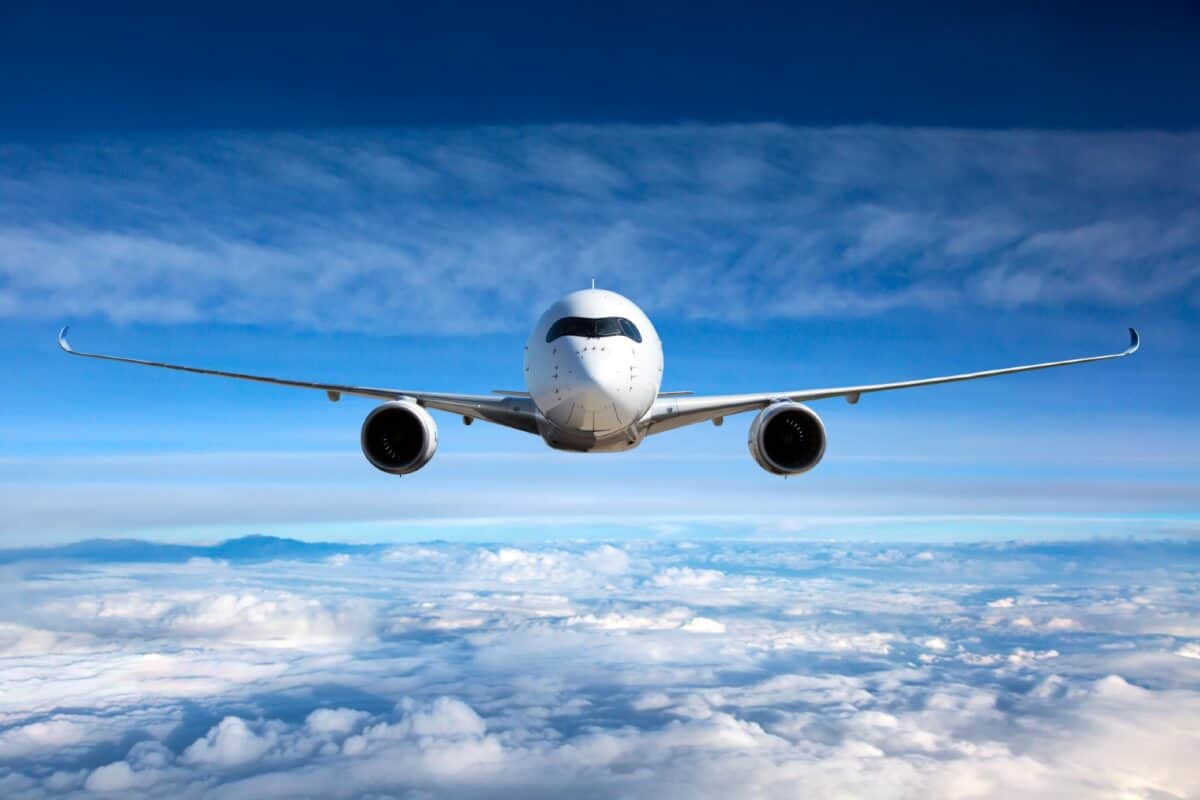The IAG (LSE:IAG) share price has disappointed shareholders over the past five years.
If five years ago I had invested £1,000 in the airline operator that owns brands including British Airways and Iberia, today my stock would just be worth only £554.
Of course, a beaten-down stock isn’t always an undervalued one. And there are lots FTSE 100 shares that prove this.
However, I’m upbeat on IAG. The valuation metrics scream Buy to me, yet investors have held off.
Sentiment and experience count for a lot
Sentiment is very important when investing. If investors have had their fingers burned before, they’re often reluctant to involve themselves with a stock again.
It’s just one of those things. So, while business might be improving at IAG, some investors are potentially wary about investing in a stock that has performed so poorly in recent years.
Experience is another factor. It can be hard to invest in a truly impartial manner, putting our feelings to one side.
Most UK investors have probably flown with British Airways before, and if we’ve had a negative experience, we may be hesitant to invest.
FTSE 100 bargain?
IAG got off to a good start this year. The company reported that operating profit before exceptional items in the three months to 31 March increased to €68m from €9m a year earlier.
Meanwhile, passenger capacity rose by 7% and passenger numbers increased by 8.6% versus the previous year.
The company, which also owns Vueling and Aer Lingus, pointed to strong booking trends for the summer period.
Moreover, we can expect falling interest rates to have a positive impact on travel demand too as disposable income increases.
Unsurprisingly, a strengthening economy should be good for travel demand. Given the monetary tightening we’ve seen in recent years, it’s impressive that demand for travel has remained as robust as it is.
So, is it a bargain? Well, at 4.42 times forward earnings for 2024, 4.13 times earnings for 2025, and 3.9 times earnings for 2026, it’s easy to see why many investors would say IAG is one.
However, it does carry more net debt than its peers at €7.4bn. And when we compare IAG with those peers using the EV-to-EBITDA ratio, we can see that IAG is trading in line with easyJet, but remains much cheaper than Ryanair.
A top blue-chip stock
In addition to sentiment and personal experience, I’d add that investors are certainly wary about fuel prices, which represent around 25% of costs. Fuel prices have shot up since the beginning of the Russo-Ukraine war, and this adds another degree of volatility.
However, for me, IAG continues to represent an attractive investment opportunity. At 4.42 times earnings, it’s certainly not expensive, and net financial costs were covered five times by operating profit in the last financial year.
Given the valuation metrics, and potential tailwinds in the form of falling interest rates, I think this stock could explode.








